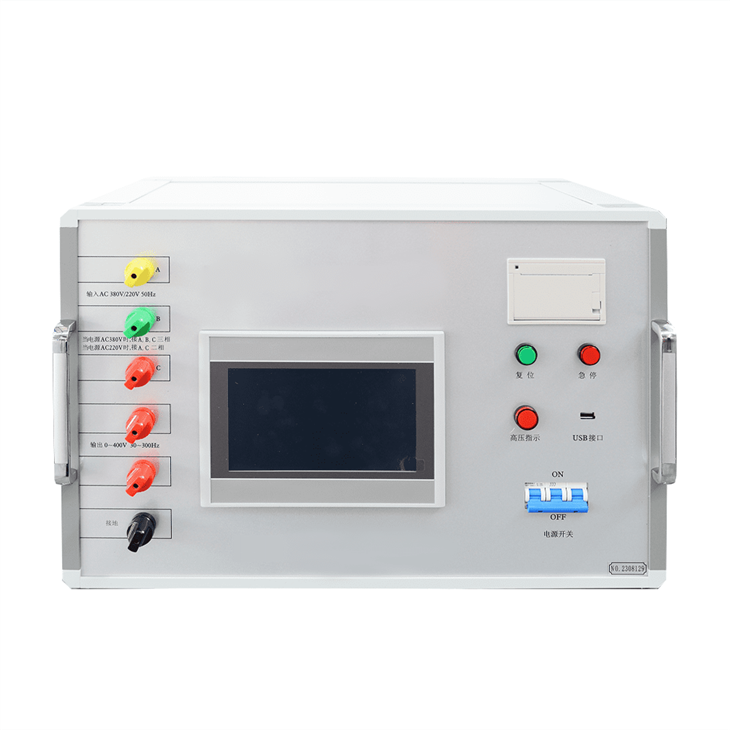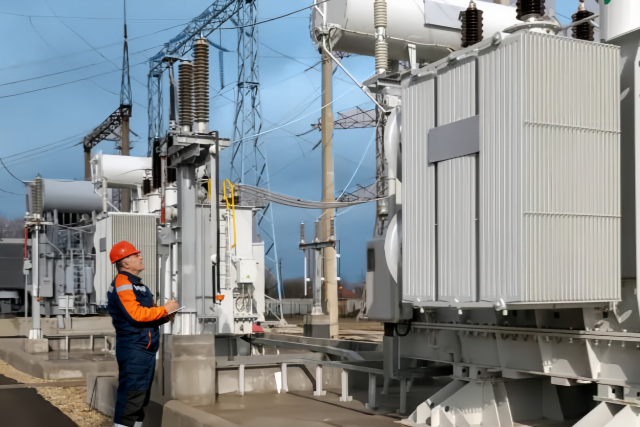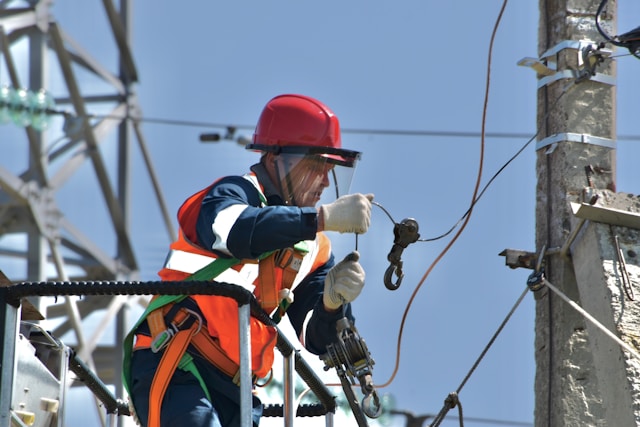
Fuel consumption in voltage generators varies based on size, load, fuel type, and operational conditions. Smaller gasoline generators use 0.1 to 0.9 gallons per hour, while larger diesel models consume about 0.1 gallons per kWh at full load. Proper load management and selecting fuel-efficient generators like Wrindu’s help optimize fuel use, reducing costs and enhancing performance in industrial applications.
What Factors Influence Fuel Consumption in Voltage Generators?
Several factors determine fuel consumption in voltage generators, including the generator’s size (kW rating), fuel type (gasoline, diesel, natural gas), and load percentage. Larger generators tend to be more efficient at higher loads but consume more fuel overall. Operating conditions, such as altitude and maintenance, also impact efficiency. Regular maintenance and correct load management help ensure fuel efficiency over time.
How Does Generator Load Affect Fuel Consumption?
Fuel consumption increases with load. At lower loads (25-50%), small gasoline generators may consume between 0.1 to 0.25 gallons per hour, while at higher loads (75-100%), larger models can consume up to one gallon per hour or more. Diesel generators are more fuel-efficient at higher loads, consuming about 0.1 gallons per kWh at full load. Fuel efficiency drops at partial loads, making load optimization crucial.
Which Types of Fuel Are Commonly Used and How Do They Compare in Consumption?
Gasoline and diesel are the most commonly used fuels for voltage generators. Gasoline-powered generators are typically more fuel-efficient at light loads but are more expensive to operate. Diesel generators consume more fuel per hour but are generally more durable and offer better fuel economy at higher power outputs. Natural gas and propane-powered generators are less common for portable applications but are more eco-friendly and efficient for larger, stationary setups.
Why Is Fuel Efficiency Important for B2B Buyers and Industrial Use?
Fuel efficiency directly affects operational costs, environmental impact, and system reliability. For industrial users, selecting a fuel-efficient generator reduces long-term fuel expenses and ensures compliance with environmental regulations. Wrindu’s range of generators is designed to optimize fuel consumption while offering durable, high-performance solutions for utilities, manufacturing, and other high-demand sectors.
When Should Businesses Consider Diesel vs Gasoline Voltage Generators?
Diesel generators are ideal for high-load, continuous operations due to their superior fuel efficiency at full capacity and longer engine life. Gasoline generators, on the other hand, are better for lighter, portable applications. Businesses should consider their operational needs, budget, and fuel availability when choosing between these options. Wrindu offers tailored diesel and gasoline generator models to suit a variety of industrial applications.

Where Can Businesses Source Fuel-Efficient Voltage Generators in China?
Businesses can source fuel-efficient voltage generators from reputable Chinese manufacturers like Wrindu. These companies offer a wide range of options, from small portable gasoline units to large industrial diesel models. Wrindu’s custom solutions and OEM services ensure that businesses get the right generator tailored to their needs, with global certifications and high-quality standards.
Does Generator Size Correlate with Fuel Consumption?
Yes, the size of a generator directly impacts fuel consumption. Larger generators typically consume more fuel per hour due to their higher power output. For instance, a 2,000W inverter might use 0.1–0.2 gallons per hour at partial load, while a 7,500W portable generator could consume 0.4–0.9 gallons per hour. Choosing the appropriate generator size for the expected load is key to optimizing fuel efficiency.
Has Technology Improved Fuel Efficiency in Modern Voltage Generators?
Yes, advancements such as inverter technology, automatic load sensing, and eco-modes have significantly enhanced fuel efficiency in modern generators. Digital control systems allow generators to adjust fuel consumption based on real-time load demands, reducing unnecessary fuel use and emissions. Wrindu integrates these cutting-edge technologies into its latest models, offering highly efficient and eco-friendly generators for industrial use.
Wrindu Expert Views
“At Wrindu, we understand the importance of optimizing fuel efficiency in voltage generators, especially in industrial environments where operational costs and environmental impact are top priorities. Our focus on innovative design, coupled with strict quality control, ensures that our generators provide the best possible performance while minimizing fuel consumption. We are committed to delivering cost-effective, reliable, and sustainable power solutions to meet the demands of our B2B clients.” — Wrindu Technical Expert
Voltage Generator Fuel Consumption Table by Size and Load
| Generator Size (kW) | 25% Load (gal/hr) | 50% Load (gal/hr) | 75% Load (gal/hr) | 100% Load (gal/hr) |
|---|---|---|---|---|
| 2 (Small inverter) | 0.1 | 0.18 | 0.23 | 0.25 |
| 3.5 (Mid portable) | 0.2 | 0.3 | 0.4 | 0.45 |
| 7.5 (Large portable) | 0.4 | 0.6 | 0.8 | 1.0 |
| 10 (Industrial) | 0.5 | 0.8 | 1.1 | 1.2 |
| 20 (Industrial Diesel) | 0.9 | 1.5 | 2.0 | 2.2 |
How Can Businesses Optimize Fuel Consumption When Using Voltage Generators?
To optimize fuel consumption, businesses should select the right generator size for their load, maintain equipment regularly, and operate generators at optimal load levels. Using models with eco-modes and smart control systems can also reduce fuel consumption. Wrindu offers a range of fuel-efficient generators designed to minimize waste and reduce environmental impact, helping businesses achieve both economic and sustainability goals.
Frequently Asked Questions (FAQs)
-
How much fuel does a typical portable voltage generator consume?
Small units typically consume 0.1 to 0.25 gallons per hour at 25-50% load, with consumption increasing with load size. -
Is diesel or gasoline better for fuel efficiency in generators?
Diesel is generally more fuel-efficient for high-load, continuous use, while gasoline is more suitable for lighter, portable applications. -
Can fuel consumption be reduced with technology?
Yes, inverter technology, load sensing, and eco-modes in modern generators help improve fuel efficiency. -
Where can I find customizable generators with optimized fuel use?
Chinese suppliers like Wrindu offer OEM and custom solutions tailored to fuel efficiency and industrial needs. -
Does running a generator at low load waste fuel?
Yes, running a generator at low loads decreases efficiency, leading to higher fuel consumption per kW produced.



